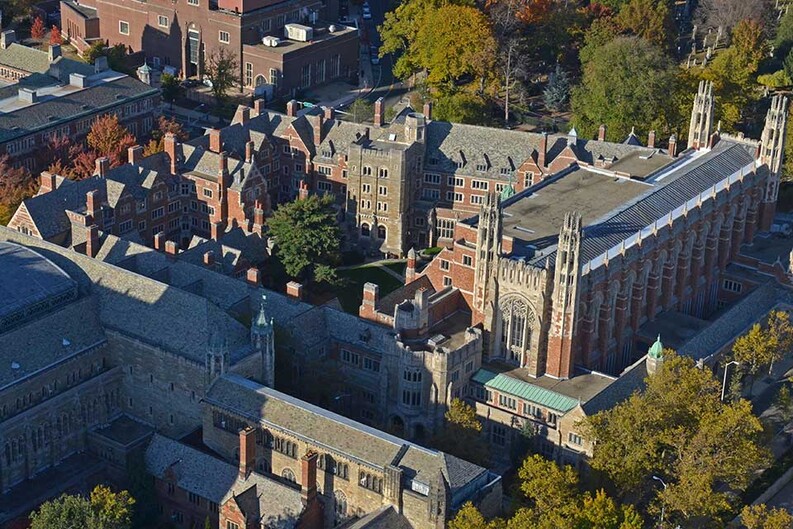Court Orders Disclosure of Information About Veterans Exposed to Radiation

In a first-of-its-kind order, on Nov. 13, 2018, the U.S. Court of Appeals for Veterans Claims (CAVC), sitting en banc, ordered4 the Secretary of Veterans Affairs to provide limited discovery as it considers whether to certify a class of disabled veterans. Six judges joined the order and three dissented. The case, Skaar v. Wilkie (No. 17-2574), challenges Department of Veterans Affairs (VA) policies on behalf of a proposed class of veterans denied disability benefits for exposure to ionizing radiation during the clean up after a nuclear bomb disaster at Palomares, Spain in 1966. Appellant Victor Skaar, a retired Air Force Chief Master Sergeant, contends that the VA has unlawfully refused to recognize Palomares as a “radiation-risk activity” and has unlawfully relied on flawed scientific methodology to deny Palomares veterans’ disability benefits claims.
The Veterans Legal Services Clinic at Yale Law School is representing Skaar in the case.
The CAVC’s order requires the VA to produce within 30 days the number of U.S. military personnel present at the Palomares radiation clean-up in 1966, as well as the number of Palomares veterans whose disability benefits claims have been appealed to the Board of Veterans’ Appeals. The order providing for “discovery at the appellate level” is unusual, acknowledged the court, but was warranted “where, as here, the administrative agency controls access to virtually all relevant information” concerning the number of potential class members. The full CAVC heard oral argument on September 25, 2018 on the motion for class certification, which remains pending.
“The VA tried to duck its responsibility to Palomares veterans in its briefs and in the courtroom,” said Skaar, who had traveled with his family from Nixa, Missouri to observe the oral argument. “The VA argued that it would be too hard to identify how many airmen were actually at Palomares, and how many have since applied for disability benefits. The Court’s order today tells the VA that they can’t dismiss Palomares veterans so easily. I am hopeful as to what comes next.”
Senator Richard Blumenthal ’77, a member of the Senate Veterans Affairs and Armed Services Committees and the lead sponsor of the proposed Palomares Veterans Act of 2018 (S.3372), said, “This discovery order is a game-changer for Yale Law School’s powerful legal case, and will provide primary evidence in my efforts to pass the Palomares Veterans Act which removes barriers to long-overdue benefits and compensation. Many of the 1,600 servicemembers sent to Palomares were given no protective gear or warning, and have lifelong effects of radiation exposure. Whether through the courts or Congress, we must do right by the remaining survivors and their families and ensure the VA provides them with full healthcare and compensation.”
This order follows a recent string of decisions and orders expanding the class action mechanism at the CAVC. “In August, for the first time in its nearly 30-year history, the CAVC held in Monk v. Wilkie that it has the power to recognize class actions,” said Corey Meyer ’19, a law student intern with the Veterans Legal Services Clinic at Yale Law School which also represents Conley Monk, the lead appellant in that case. “In Monk, the CAVC also held it has authority to conduct limited fact finding for class certification purposes. The decision in Monk and now this order in Skaar represent a seismic shift in the CAVC’s openness toward class actions, and its willingness to ensure that all veterans have the opportunity to access justice.”
The V5eterans Legal Services Clinic6 was founded in 2010 to train law students and to serve the legal needs of veterans. Under the supervision of clinical professors, clinic students engage in litigation before administrative agencies and courts on a range of matters.


